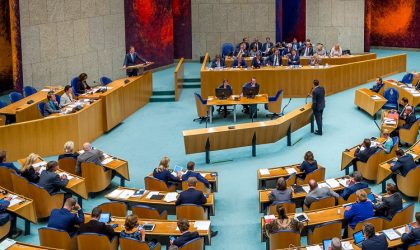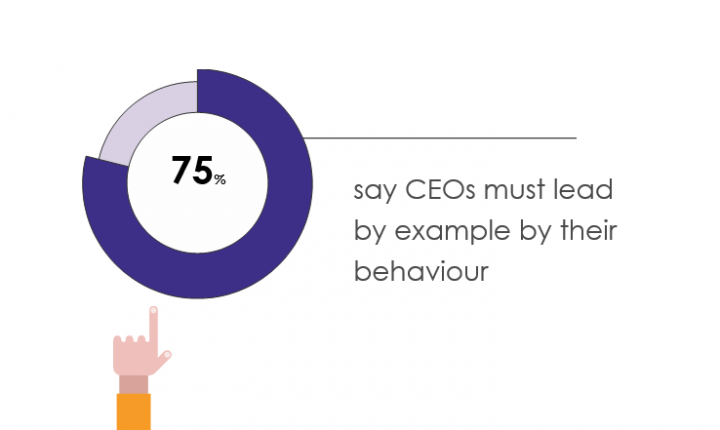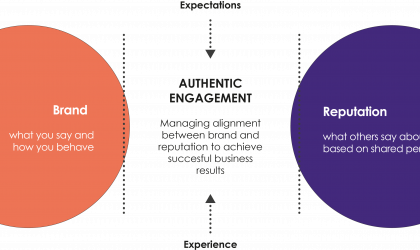To really convince the outside world of the sincerity and authenticity of the CEO and to get the desired change going and keep it going, my advice is: CEOs, show that your personal goal and mission are in line with those of the company, internally and externally, on a regular basis and in a consistent way. How do you do this? Talk about your values, convictions and experiences, as a professional, and particularly as a human being. About your choices, dilemmas, turning points, moments of learning, highs and the pride based on these. From your private and your professional life. Share this through channels that further strengthen your credibility. Discuss it in blogs and video messages on the company website, and also share these via your personal LinkedIn account. Tell about it in interviews in influential media and on impactful event stages, such as those of the events interested stakeholders attend. Let your personal story be the catalyst for change that the world needs, and ask communication experts and (other) employees in your organization to help you do that. In this way you will win the hearts and minds of your employees, the most credible spokespersons of your company. And through them those of your customers and other stakeholders. There is a solid chance that they will then work with you to actually realize that coveted change.


